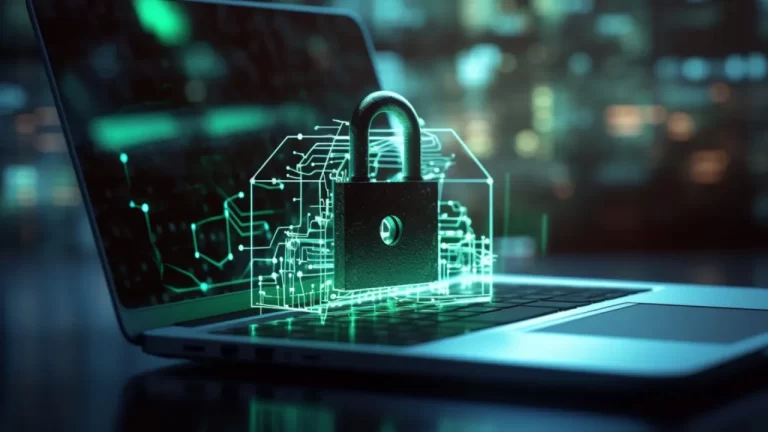In today’s digital age, protecting your online privacy is more critical than ever. With cybercriminals constantly evolving their tactics, personal information is vulnerable to theft, misuse, and exploitation. Fortunately, by adopting a few essential cybersecurity practices, you can safeguard your privacy and reduce the risk of cyber threats.
1. Use Strong and Unique Passwords
One of the easiest ways to secure your online accounts is by using strong, unique passwords for each one. Avoid simple, easily guessable passwords like “123456” or “password.” Instead, create complex passwords that include a combination of letters (uppercase and lowercase), numbers, and special characters. Additionally, consider using a password manager to securely store and manage your passwords.
2. Enable Two-Factor Authentication (2FA)
Two-factor authentication adds an extra layer of security to your accounts by requiring not only a password but also a second form of verification, such as a code sent to your mobile device or an authentication app. Enabling 2FA ensures that even if someone gains access to your password, they won’t be able to log in without the second authentication step.
3. Update Software Regularly
Keeping your software up to date is crucial for protecting your online privacy. Whether it’s your operating system, apps, or browser, regular updates often include security patches that fix vulnerabilities hackers can exploit. Set your devices to update automatically whenever new patches are available to stay protected.
4. Be Cautious of Phishing Scams
Phishing is one of the most common methods cybercriminals use to steal personal information. These scams often come in the form of emails, text messages, or even phone calls, pretending to be from legitimate sources, and trick users into clicking malicious links or providing sensitive information. Always verify the sender’s identity and be wary of unsolicited requests for personal data.
5. Use a VPN for Online Browsing
A Virtual Private Network (VPN) is a tool that encrypts your internet connection, making it difficult for third parties, such as hackers or advertisers, to track your online activity. Using a VPN when connected to public Wi-Fi networks is especially important, as these networks are often unencrypted and vulnerable to attacks.
6. Be Mindful of Social Media Privacy Settings
Your social media profiles contain a wealth of personal information that can be used to compromise your privacy. Adjust your privacy settings to control who can view your posts, photos, and personal details. Avoid oversharing sensitive information such as your home address, phone number, or travel plans, as this information can be exploited by malicious actors.
7. Monitor Your Digital Footprint
Your digital footprint refers to the trail of data you leave behind when using the internet, from social media activity to online shopping habits. Regularly review the information you’ve shared online and take steps to remove any unnecessary or outdated data. Consider using search engines that don’t track your activity, such as DuckDuckGo, to further minimize your online footprint.
8. Secure Your Home Network
Ensure that your home Wi-Fi network is secure by changing the default password to something more complex. Additionally, enable network encryption (WPA3 is the most secure) and disable remote access to your router. These steps will make it harder for unauthorized users to gain access to your network.
9. Be Wary of Public Wi-Fi
Public Wi-Fi networks are convenient but can be dangerous because they are often unsecured. Avoid accessing sensitive accounts, such as online banking, while connected to public Wi-Fi. If you must use a public network, make sure to use a VPN for added protection.
10. Backup Your Data
Regularly backing up your data ensures that you won’t lose important files in case of a cyberattack, such as ransomware. Store backups on an external hard drive or a secure cloud service, and make sure to encrypt sensitive data to prevent unauthorized access.
Conclusion
Cybersecurity is essential for protecting your online privacy in an increasingly connected world. By following these simple but effective tips—using strong passwords, enabling 2FA, being mindful of phishing scams, and securing your network—you can significantly reduce the risk of cyber threats and enjoy a safer online experience.

